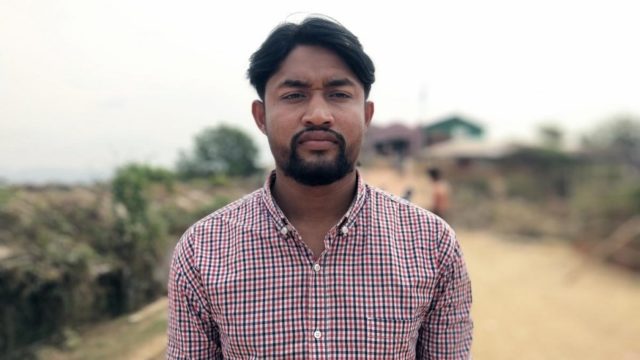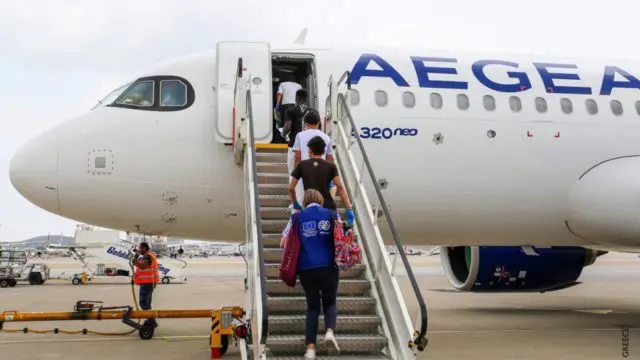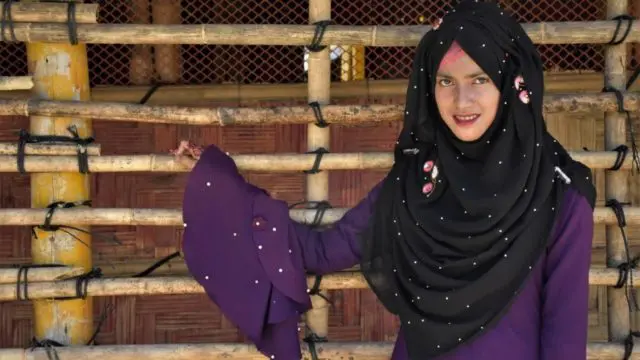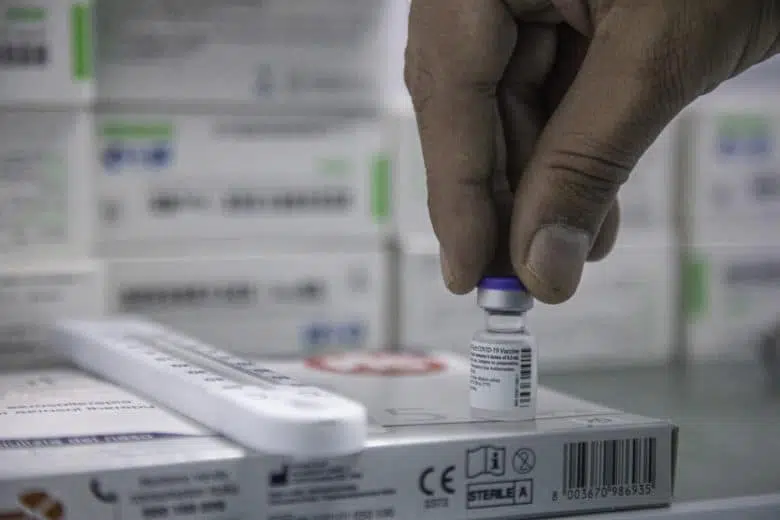
COVID-19 vaccines in cold storage at a clinic in Irbid, Jordan. © UNHCR/Jose Cendon
The latest on UNHCR’s ongoing pandemic response.
Significant progress has been made in recent months to improve access to COVID-19 vaccines for forcibly displaced people. But the damaging, lasting impact of the pandemic on the lives of refugees and internally displaced people is impossible to ignore.
Worsening socio-economic conditions, lockdowns and school closures have threatened the safety and well-being of displaced communities. For displaced women and children in particular, the consequences have been devastating. Within months of the outbreak, reports suggested that violence against women and children had intensified. For displaced women specifically, the pandemic has taken away already precarious livelihoods and placed more demands on them at home, widening the gap of gender inequalities.
“We are seeing grave manifestations of gender inequality for some of the world’s most vulnerable and disadvantaged people and a tragic erosion of some important and hard-won gender equality gains achieved over the past few decades”
– Filippo Grandi, UN High Commissioner for Refugees
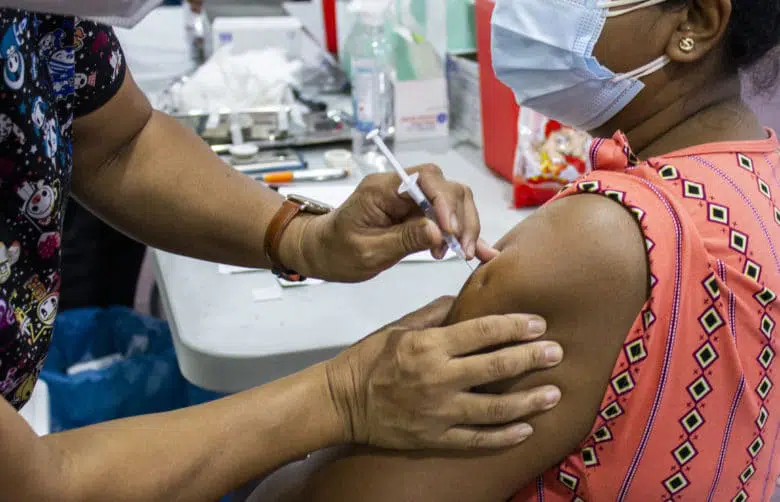
UNHCR partner Living Water Community and Trinidad and Tobago NGO SewaTT hosted a special vaccine drive in Chaguanas, encouraging refugees to come and get their first shot of the COVID-19 vaccine. © UNHCR/Carla Bridglal
UNHCR is working globally to respond to this urgent situation and to provide support to women and children affected by the economic impacts of COVID-19.
In Serbia, UNHCR has trained a group of young refugees and asylum-seekers who arrived in the country as unaccompanied children to teach others in the same situation about how to protect themselves from COVID-19, as well as on how to recognize abuse and seek help. In Mexico, UNHCR partnered with UNICEF and the International Organization for Migration to develop child-friendly information materials on COVID-19 and supported recreational activities for children during the lockdown. And in Lebanon, UNHCR is providing emergency cash assistance and psychosocial counselling over the phone.
As COVID-19 immunization efforts continue across Canada and around the world, UNHCR is calling for an expedited rollout of vaccination campaigns and for the removal of barriers limiting vaccine access for forcibly displaced people. In several countries, vaccination sites are located far from where refugees live, which could deter them from seeking immunization.
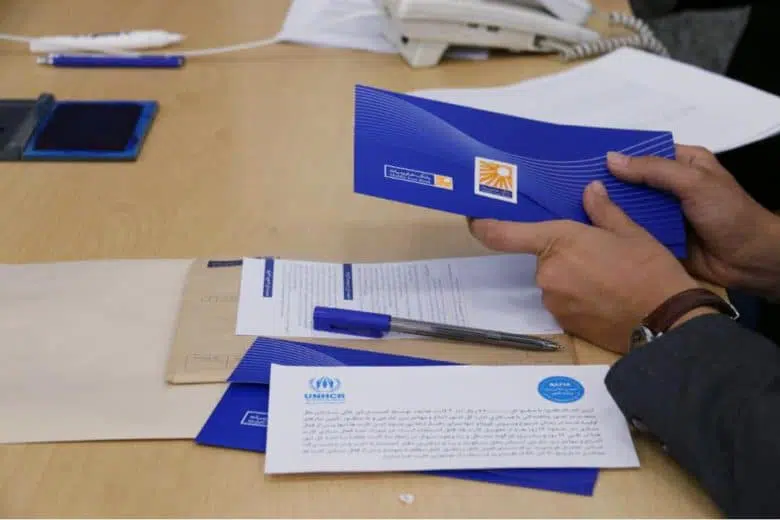
In Iran and Indonesia, UNHCR provided multipurpose cash assistance to combat negative socio-economic effects of COVID-19. © UNHCR/Na’imeh Afshar
UNHCR has continued to advocate for equal inclusion of refugees, internally displaced and stateless people in national vaccination plans through the COVAX Facility, a global initiative that brings together governments and manufacturers to ensure that COVID-19 vaccines eventually reach those in greatest need.
“Beyond the moral imperative, this is in our collective self- interest,” said Ann Burton, Chief of UNHCR’s Public Health Section. “As long as the pandemic remains out of control somewhere, it is threat for everyone everywhere.”



